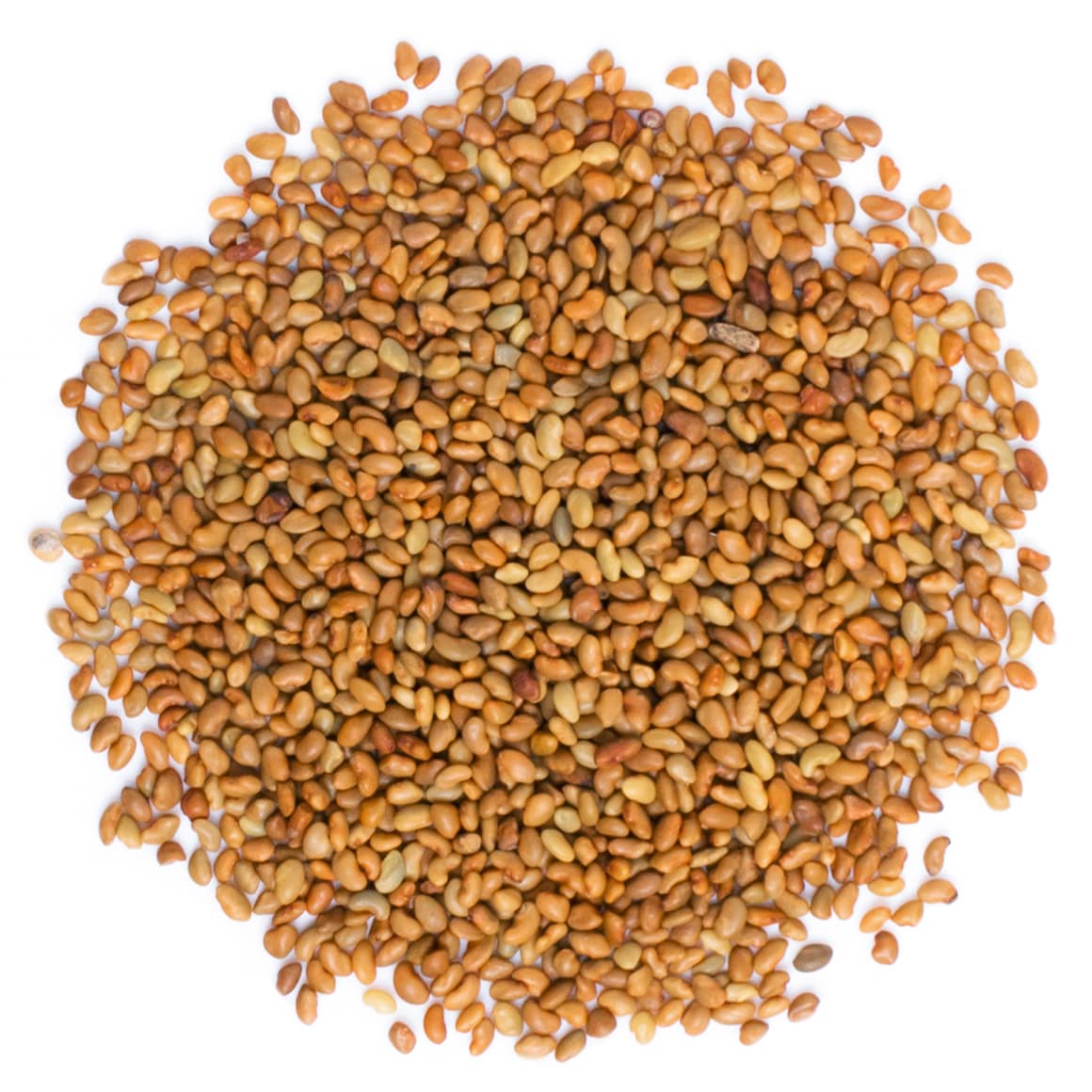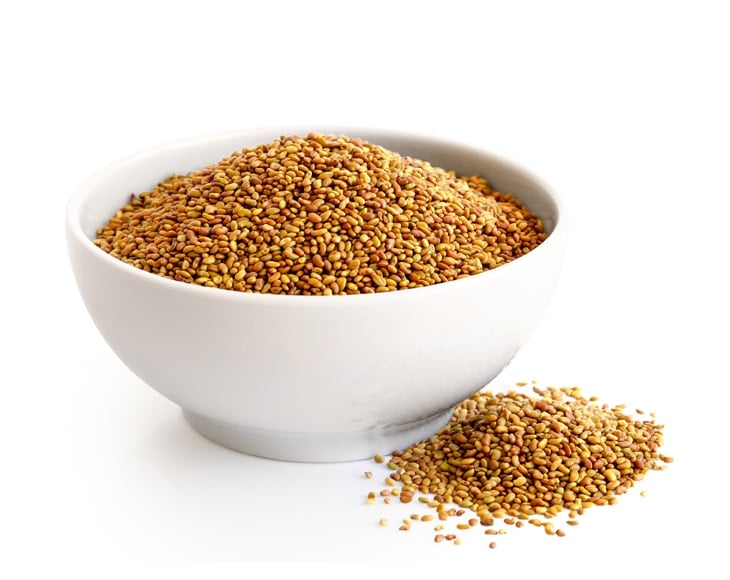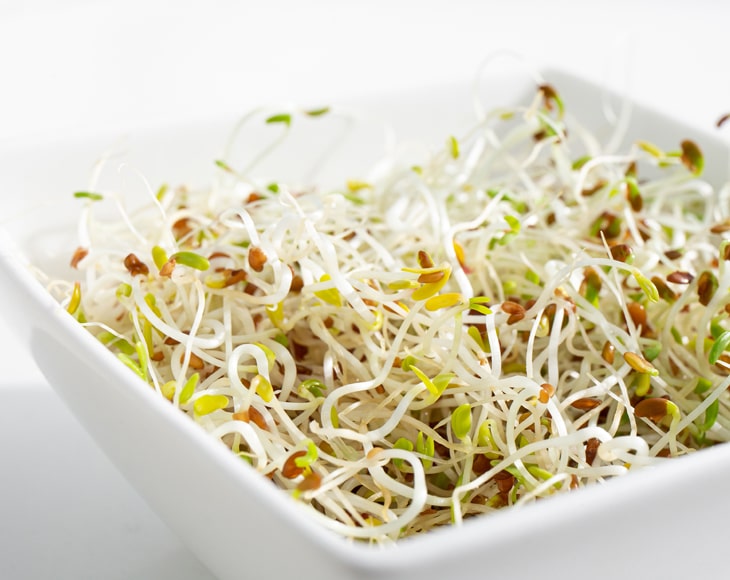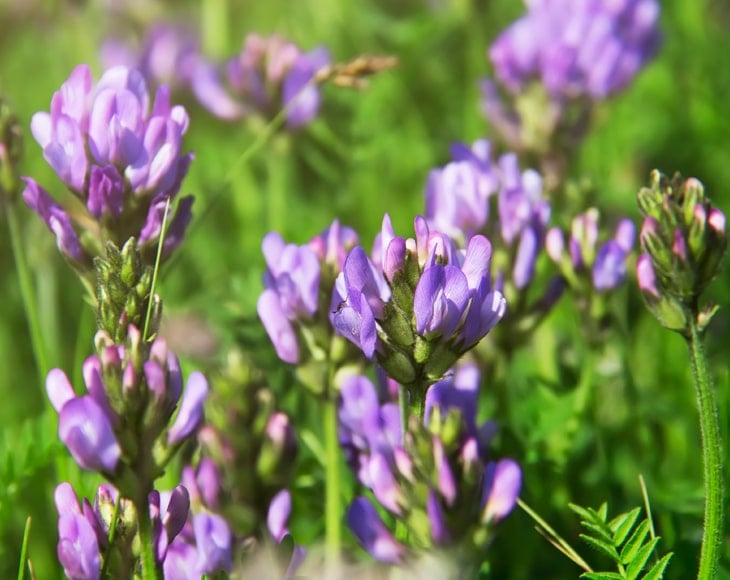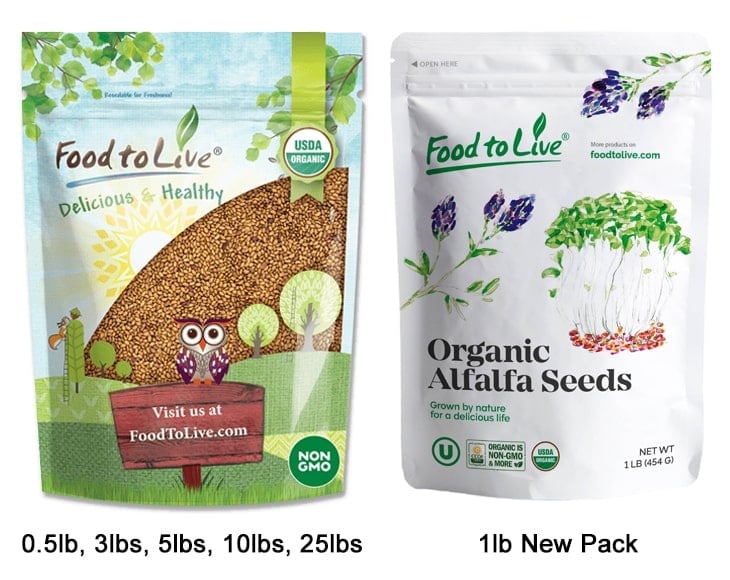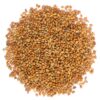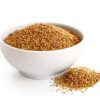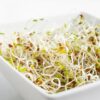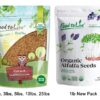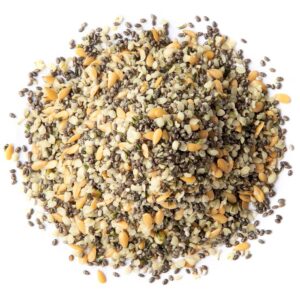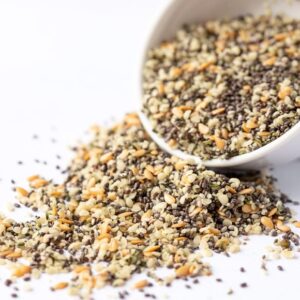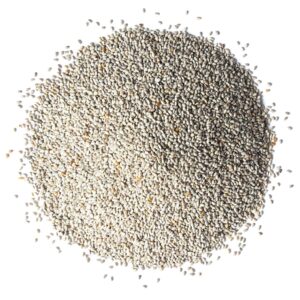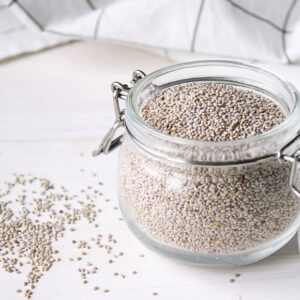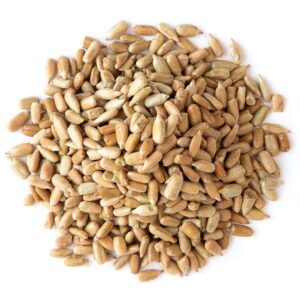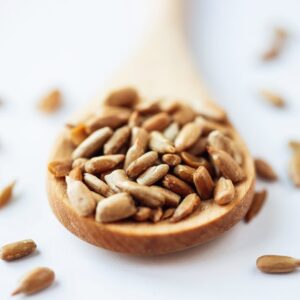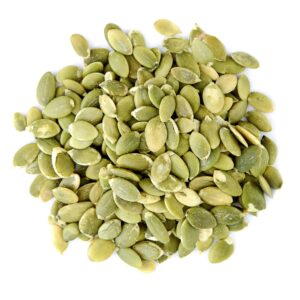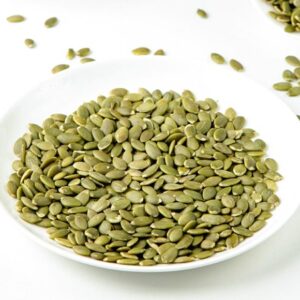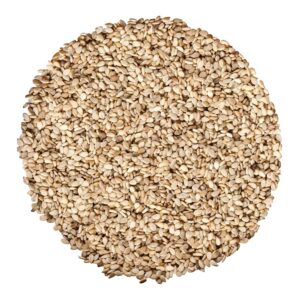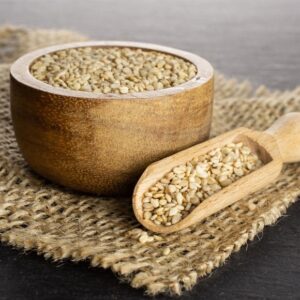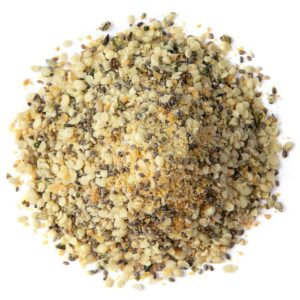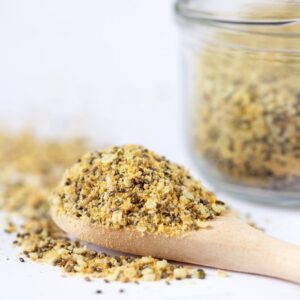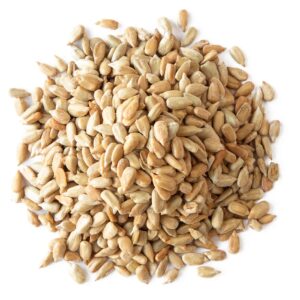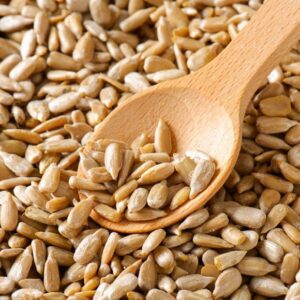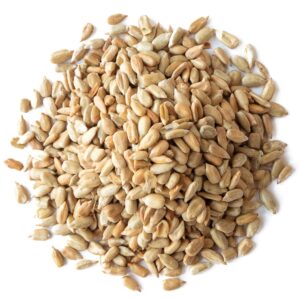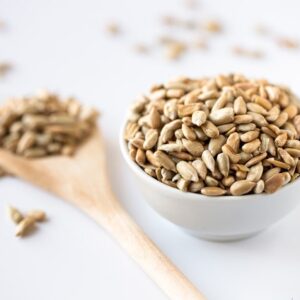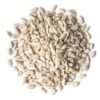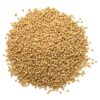Nutritional Value of Organic Alfalfa Seeds
Organic Alfalfa Seeds are an excellent idea if you wish to introduce wholesome and tasty sprouts into your diet. This plant has been popular for ages, and today is mainly used for culinary purposes. Organic Alfalfa Sprouts are considered a superfood for their high content of Vitamin K, Iron, Fiber, and numerous phytonutrients. Technically, the alfalfa plant belongs to the legume family, but it’s often considered a herb. The peak of Alfalfas’ nutritional value is at its sprouted stage. Food to Live Organic Alfalfa Sprouting Seeds cannot be eaten as is – they must be sprouted first.
Organic Alfalfa Seeds for Easy Sprouting at Home
Sprouting Organic Alfalfa Seeds is fun and easy. All you need is a good ol’ 30oz Mason jar and a sprouting lid. Soak about two tablespoons of seeds in half of jar of water for twelve hours. Rinse, drain, and place them away from sunlight covered with a sprouting lid placed upside-down for proper drainage. Rinse and drain every twelve hours for the next three days. On day four, organic alfalfa sprouts should start to appear. You can place the jar with yellow sprouts someplace sunny now, and continue to rinse and drain every twelve hours. Sprouts will undergo photosynthesis and turn beautiful green. Day six, you can place the sprouts in the fridge, make sure it’s twelve hours after the last rinse. Organic alfalfa sprouting seeds store well, but sprouts are delicate, and we recommend eating them fresh. You can keep them in the fridge for about three days. Enjoy organic alfalfa sprouts in salads, spring rolls, and sandwiches. They taste sweet and mildly nutty. You can buy organic alfalfa seeds in bulk and store them for up to twelve months in a cool and dry place.
Watch a detailed tutorial on how to sprout Food to Live Alfalfa Seeds


